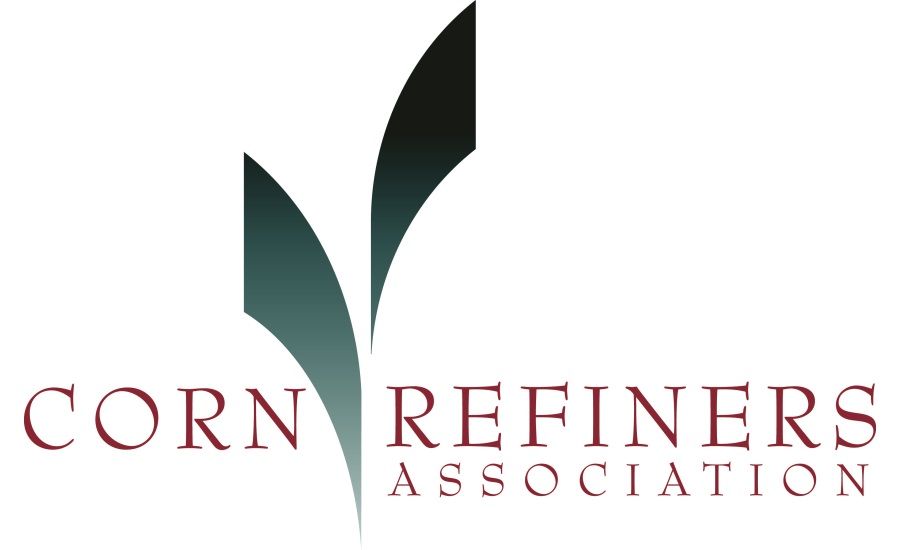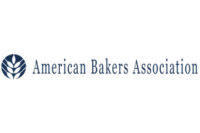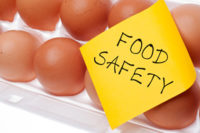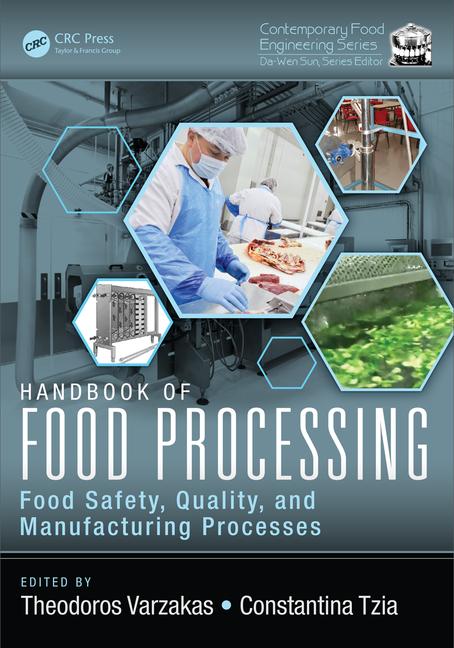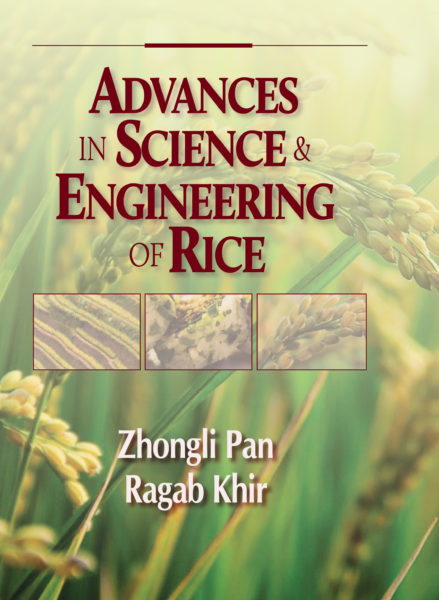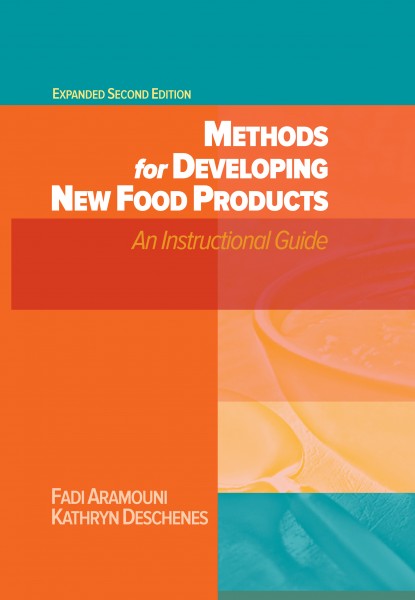The Corn Refiners Association has announced its full support of the Safe and Accurate Food Labeling Act, which would ensure that labeling standards for foods produced with biotechnology are based on consistent, national criteria driven by science. The bill was introduced by Rep. Mike Pompeo (R-KS) and co-sponsored by Rep. G.K. Butterfield (D-NC).
“We strongly support the efforts of Representatives Pompeo and Butterfield as they seek to strengthen and unify our food labeling laws by protecting consumers and reducing unnecessary regulatory burdens,” says John Bode, president and CEO of CRA. “Today, food and beverage manufacturers face the potential of an unwieldy patchwork of mandatory state labeling laws that contribute to higher food prices, harm interstate commerce and increase consumer confusion. The Safe and Accurate Food Labeling Act will ensure labeling decisions are established by science-based, uniform standards that are consistent in every grocery store in all 50 states. We encourage Congress to pass this bill as soon as possible.
“Biotechnology is critically important in maintaining a plentiful food supply in a growing world. Its safety has been validated by every leading scientific authority and through nearly 2,000 studies from leading scientific bodies across the world. Providing consumers with consistent labeling of these foods allows them to make better informed choices for themselves and their families.”
According to CRA, the Safe and Accurate Food Labeling Act would:
Eliminate confusion and better inform consumers: The act would remove the confusion and uncertainty of a 50-state patchwork of safety and labeling laws by creating a national, science-based labeling standard. It would also affirm FDA as the nation’s authority for the use and labeling of foods containing ingredients produced through biotechnology.
Protect farmers, small businesses and consumers: The legislation would reverse the current state-by-state system that, according to CRA, harms interstate commerce by imposing costly burdens on farmers and small business owners. These costs are passed onto consumers in the form of higher food prices. A 2014 study out of Cornell University found that these costs could total up to $500 per year for an average family of four.
Advance food safety: The act would also require FDA to conduct a safety review of all new traits before they are introduced into commerce. FDA would be empowered to mandate the labeling of foods containing ingredients produced through the use of biotechnology if the agency determines there is a health, safety or nutrition reason for doing so.
Provide consistency: FDA would define the term “natural” for use on food and beverage products so that both manufacturers and consumers have a consistent legal framework that would guide food labels and inform consumer choice.
According to CRA, many of the most influential regulatory agencies and organizations that study the safety of the food supply, including FDA, American Medical Association, World Health Organization, Health Canada, USDA and National Academy of Sciences, have determined that ingredients produced through the use of biotechnology are safe, and there are no negative health effects associated with their use.
Biotechnology adds desirable traits without using chemicals, so that food is more plentiful. Biotechnology is not new. It has been around for the past 20 years, and today 70-80 percent of the foods consumed in the U.S. contain ingredients produced through the use of biotechnology.
Crops grown using biotechnology require fewer pesticides and less water, according to CRA, and they keep production costs down. Biotechnology helps reduce the price of crops used for food, such as corn, soybeans and sugar beets by as much as 15-30 percent.
Safe and effective methods of food production, like crops produced through biotechnology, can help feed the growing number of hungry and malnourished people in developing nations around the world.
For more information about biotechnology and the need for a federal labeling standard, visit www.CFSAF.org.
